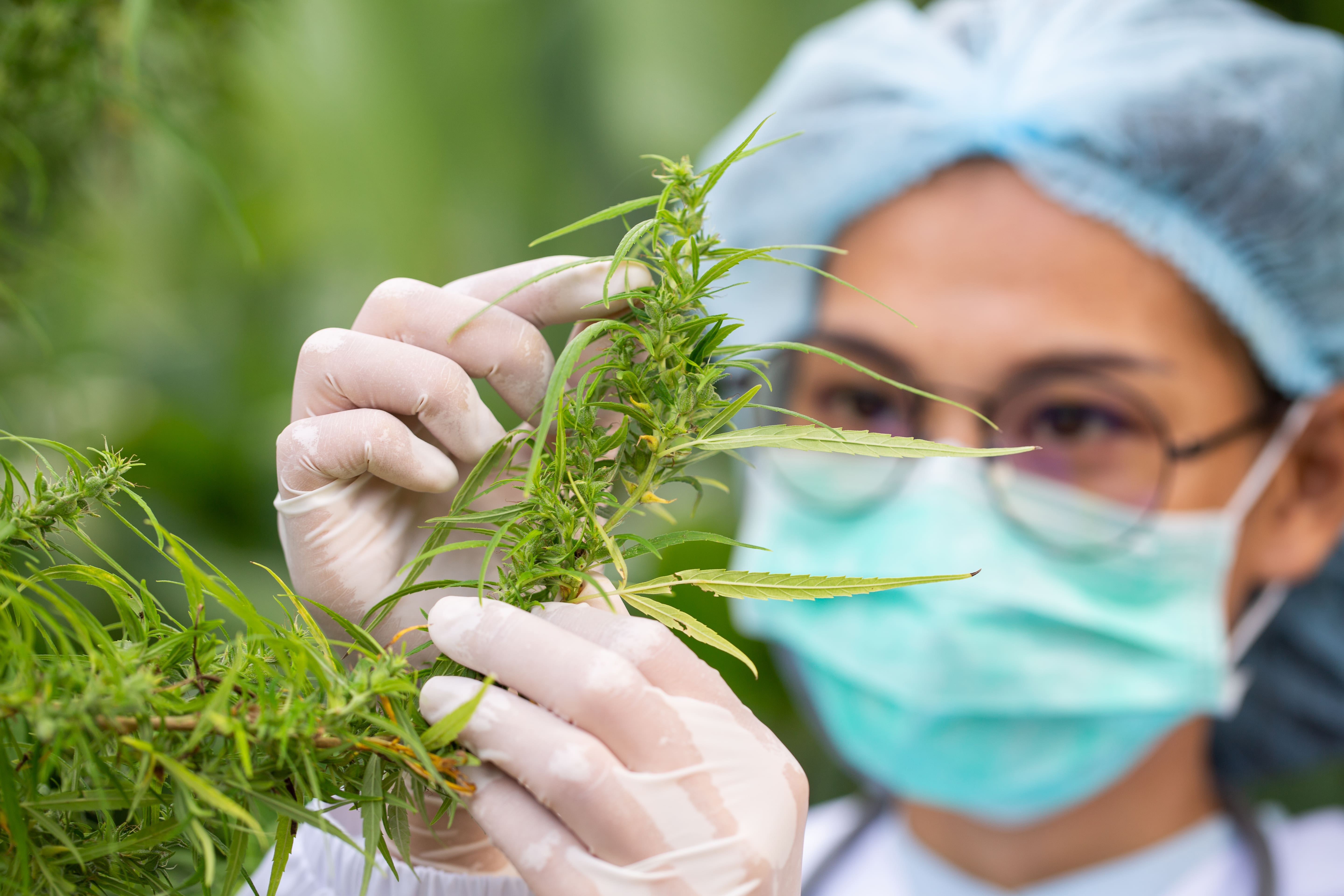Medical Cannabis Availability & Mental Health in Older Adults: What Recent Research Reveals
As the global population ages, attention is growing on the intersection of medical cannabis and mental health among older adults.

As the global population ages, attention is growing on the intersection of medical cannabis and mental health among older adults. Access to medical cannabis is changing, and recent studies offer new insights into how older individuals are affected both positively and with potential risks. Understanding this evidence is essential for informed decisions, policy development, and responsible use.
Trends in Cannabis Use Among Older Adults
Recent research reveals that cannabis use among adults aged 50 and above is increasing. One study found that about 12% of U.S. adults aged 50–80 reported using a THC-containing cannabis product in the past year, with 4% using it multiple times per week. This marks a noticeable rise over past years.
More specifically, in adults aged 65 and older, use has climbed significantly. A JAMA‐based analysis showed that past-month cannabis use jumped from 4.8% in 2021 to 7% in 2023 among this age group. The increase is more pronounced in states where medical cannabis is legal, among people with higher income or education, and in those with chronic health conditions.
Availability of Medical Cannabis and Mental Health Outcomes
Not only has use increased, but changes in availability appear to correlate with improved mental health for some seniors. A key finding: older adults living within 30 minutes of a medical cannabis dispensary reported fewer “poor mental health days” over the past month by about 10%, which represents a decrease of roughly 3.5 percentage points from a base rate of ~36%. This suggests that access plays a meaningful role in self-rated mental health for older people.
That said, the impact is not universal. For the broader adult population, availability did not show the same mental health improvement in these studies, indicating that older adults may experience benefits in mental health outcomes specifically tied to pain relief or chronic condition management.
Potential Benefits of Medical Cannabis for Older Adults
Several areas of mental health and well-being among older adults seem to benefit when medical cannabis is accessible under proper guidance:
- Relief from chronic pain can reduce psychological stress and improve mood. Many older adults experience joint pain, arthritis, or neuropathy that affect sleep and daily functioning.
- Better sleep quality, which often declines with age, can help decrease anxiety and improve overall emotional well-being.
- Reduced reliance on certain prescription medications, such as opioids or sedatives, which carry higher risks of side effects in older populations. Some observational studies show decreased use of these medications when medical cannabis is part of the treatment plan.
Risks and Considerations for Mental Health
While there are promising findings, research also emphasizes risks and cautions, particularly for older adults:
- Heavy or frequent use is associated with reports of poorer mental and physical health. For example, daily cannabis users in one study had significantly higher odds of reporting 14 or more days of poor mental health in the past month.
- Cognitive decline is a concern. A systematic review identified modest reductions in cognitive performance, especially with higher doses or longer duration of use. Older adults may have higher sensitivity due to age-related changes in metabolism or preexisting health issues.
- Adverse interactions with other prescription medications, increased fall risk or balance issues, and potential exacerbation of psychiatric conditions in some individuals. These risks underscore the importance of medical supervision.
What the Latest Research Suggests for Policy & Practice
The research to date points toward several practice recommendations and policy implications:
- Improved legal access and regulation: Ensuring that medical cannabis is safely and legally available to older adults who may benefit, while implementing strong standards for quality, dosing, and product labeling.
- Healthcare provider training and screening: Clinicians should be aware that cannabis use is rising among older patients and should screen for mental health symptoms, potential drug interactions, and cognitive status.
- Public education: Older adults need clear information about both benefits and risks, so that they can make informed decisions. This includes guidance on safe dosing, form of use (e.g. oils, tinctures vs smoking), and situational caution (driving, fall risk).
- More high-quality research: Many observational studies exist, but randomized controlled trials (RCTs) focusing specifically on mental health outcomes, quality of life, cognitive function, and long-term effects in older adults are still limited. Better research would help clarify causality and guide safer use.
Practical Advice for Older Adults Considering Medical Cannabis
For older adults thinking about medical cannabis for mental health or related issues, some practical tips emerge from the literature:
- Start low and go slow: lower doses or products with higher CBD-to-THC ratio tend to have fewer side effects.
- Consult with a medical professional: especially when there are other medications involved, or underlying health conditions.
- Monitor mental health symptoms: track mood, sleep quality, and mental clarity regularly to identify any changes.
- Opt for regulated, tested products: purity and consistency matter greatly for safety and effectiveness.
Conclusion
Recent research confirms a rising trend in cannabis use among older adults, coinciding with increased availability of medical cannabis in many regions. For many seniors, access to medical cannabis is linked with improved self-reported mental health, especially through pain relief, better sleep, and reduced prescription drug burden. However, risks such as cognitive decline, interactions with other medications, and adverse outcomes underscore the need for thoughtful, medically supervised use.
As knowledge grows, policy makers, clinicians, and users alike should emphasize balanced access, accurate information, and continued research. For older adults, medical cannabis has the potential to support quality of life but only when used responsibly, safely, and with a full understanding of both benefits and risks.